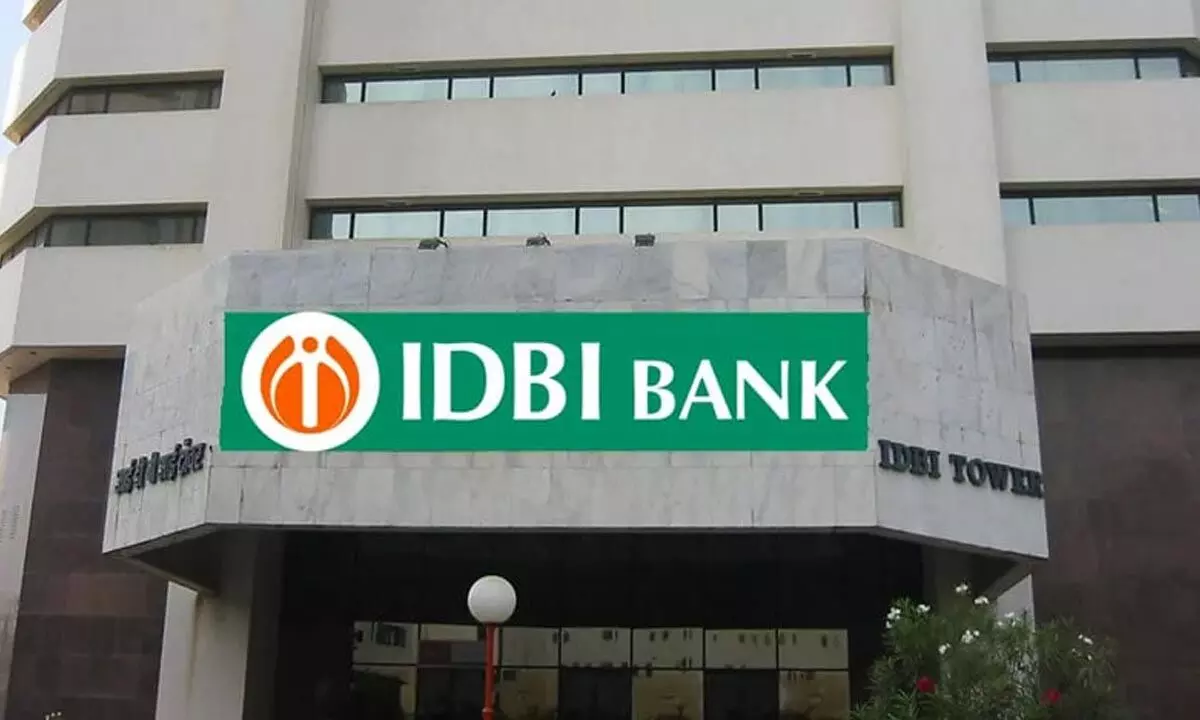No quota in IDBI after govt's stake sale
Despite selling 30.48% stake, govt will hold 33.3%, including 19% of LIC, in IDBI, while new buyer will get 60.72% management control; Prospective investors worry that if the govt would use its stake to implement its reservation policies
image for illustrative purpose

- DIPAM assures that the new owners will not be burdened with any such responsibilities
- Like other pvt banks, they too will be subject to only the extant RBI regulations and applicable laws
New Delhi: The central government has made it clear that even though it would continue to own (directly and indirectly) 33.3 per cent equity in IDBI Bank after strategic disinvestment, the requirements applicable to a public-sector undertaking (PSU) like reservation will not be applicable to the bank after sale.
The government began the process of IDBI privatization on October 7, having decided to sell 30.48 per cent of its stake. Life Insurance Corporation of India (LIC), which is a PSU, will also offload its 30.24 per cent equity in the bank. So, the new buyer will get 60.72 per cent of IDBI's share capital, which will obviously give them management control.
However, post-privatization the government will still hold around 15 per cent stake and LIC 19 per cent in IDBI, giving the government (directly and indirectly, as it owns LIC) about 33.3 per cent stake in the lender. This worried the prospective investors if the government would use its stake to implement its policies like that of reservation.
The Department of Investment and Public Asset Management or Dipam has allayed their fears in this regard, official sources told Bizz Buzz.
The prospective bidders also wanted to know if after strategic disinvestment, because of the government holding in the lender, the statutory auditor will not be required to be appointed by the Comptroller and Auditor General (CAG).
DIPAM has informed the bidders that even at present the IDBI Bank is not subjected to audit by the CAG, sources said. Also, neither the government nor LIC will be liable to infuse capital after privatization, they said.
The bidders were also anxious to know if after privatization, the new owners will be subjected to any restrictions or limitations in terms of running the business operations of IDBI. For instance, public sector banks are often forced to get into activities that don't bring any profits, even incur costs.
DIPAM has assured them that the new owners will not be burdened with any such responsibilities. Like other private banks, they too will be subject to only the extant RBI regulations and applicable laws.

